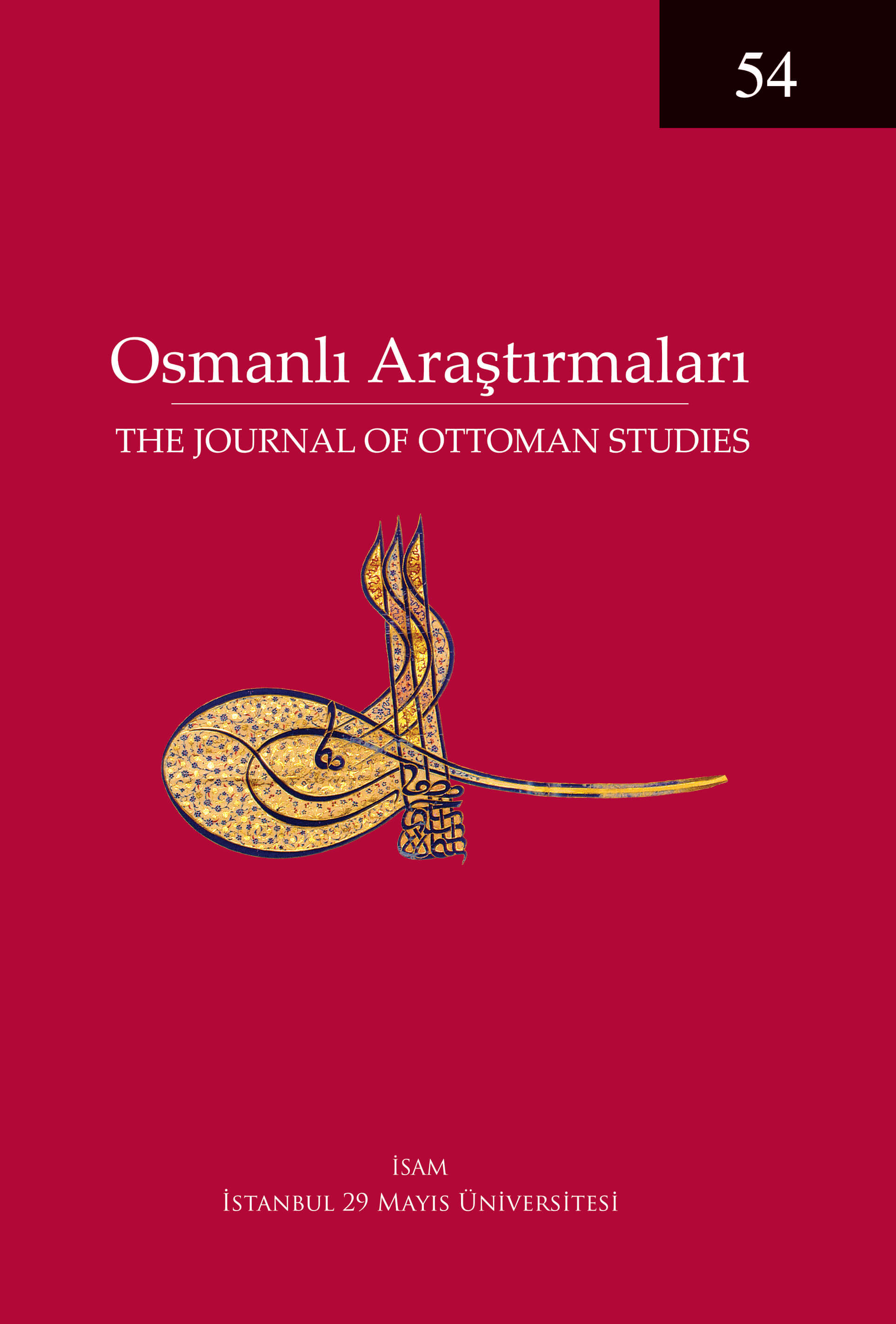The Ottoman Empire as Seen through the Lens of Israeli Textbooks for History
Keywords:
Israel, Ottoman Empire, history textbooks, ghaza thesis, decline paradigmAbstract
This study examines the treatment of Ottoman history in the Israeli Hebrew textbooks for history used from 1948 to 2014. Relating the foundation period, all the books rely on the ghaza thesis. The Ottoman Empire of the classical age is appreciated for its centralist administration, efficient army, and tolerance toward non-Muslims. However, all the books accept the decline paradigm, and, because of the increased focus of the books of the 1990s and after on the “period of decline,” the Ottoman image they project is a more negative one. The books relate a story of deterioration in all respects following the sixteenth century. The Ottoman government is criticized for its violent suppression of the Balkan revolts. Most Tanzimat-era reforms are considered to have been ineffectual. The Abdulhamid government is criticized for its oppressive rule, and the Young Turks for their ethnocentric policies. The wars in Gallipoli and Palestine are generally told from a British perspective. The older books’ narrative of the developments concerning the Armenians is closer to Turkey’s official theses than that of the more recent books.




